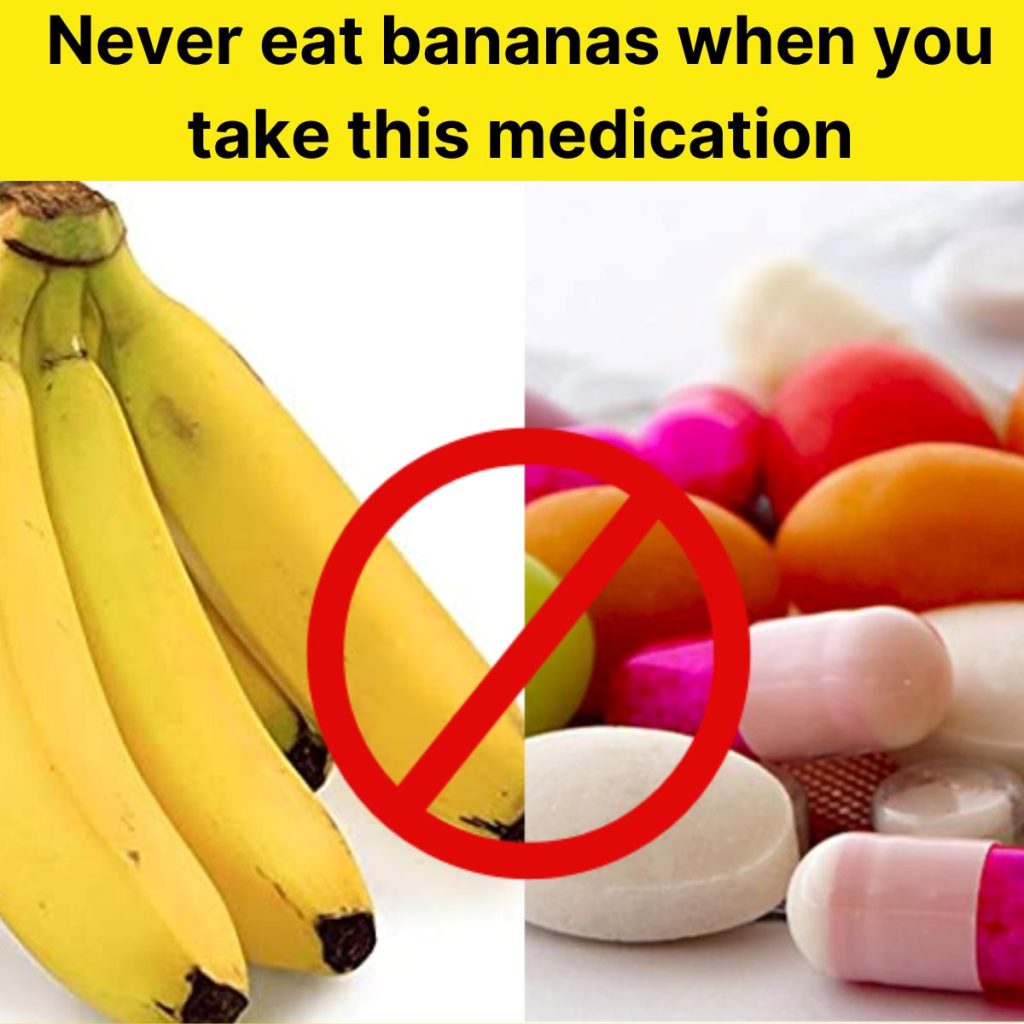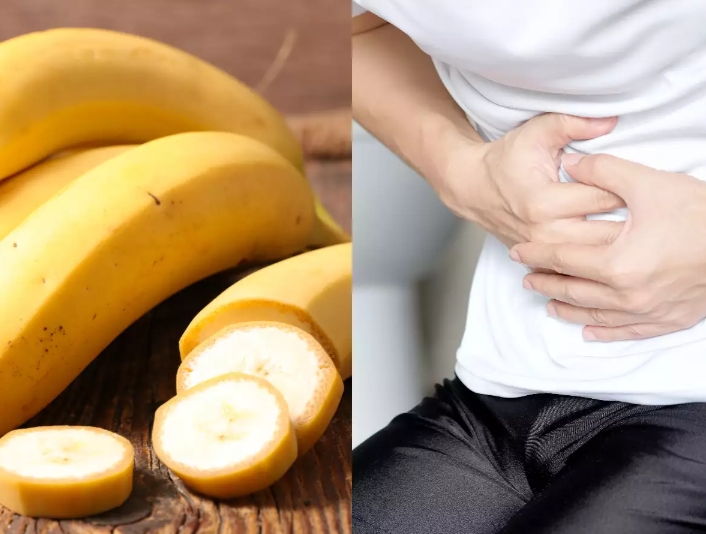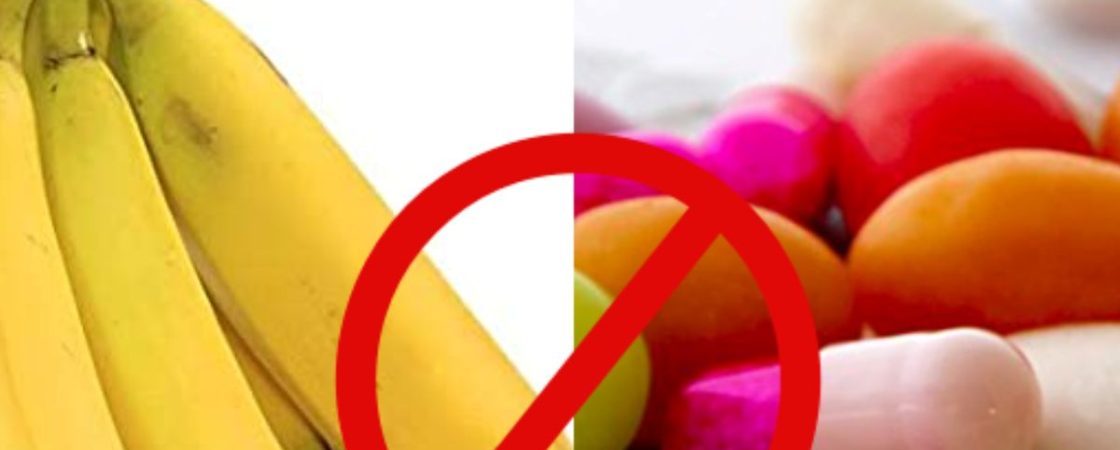The Dangerous Food and Medication Combinations You Should Avoid
Have you ever noticed that some medications don’t seem to work after a few days? You might assume the medication is ineffective or that you were given the wrong prescription. Some people even blame external factors for the lack of results. But did you know that certain foods can interfere with your medications, preventing them from working properly or, even worse, causing harmful side effects?

Here are six common food and medication combinations that can have serious consequences—many people aren’t aware of them, so it’s a good idea to spread the word.
1. Bananas and Anti-Hypertensive Drugs (Blood Pressure Meds)
Bananas are known for being rich in potassium, which is generally good for your heart. However, if you’re taking anti-hypertensive (blood pressure) drugs, be cautious. These medications also increase potassium levels in your blood. When you combine the two, you could end up with dangerously high potassium levels, which can lead to heart palpitations, irregular heartbeats, and conditions like arrhythmia. Protect your heart—avoid bananas when on blood pressure meds.
2. Vitamin C and Anti-Malaria Medications
All medications are processed by your liver, which is also a storage site for iron—an essential nutrient for malaria parasites. Vitamin C enhances the absorption of iron, creating a surplus in the liver, and this can actually fuel the growth of malaria parasites. As a result, vitamin C can reduce the effectiveness of anti-malaria medications. If you’re being treated for malaria, steer clear of citrus fruits and high-dose vitamin C supplements.
3. Painkillers and Soft Drinks
While it may seem harmless, consuming painkillers with soft drinks can be dangerous. Soft drinks contain carbonated water, which increases the acidity of your stomach. When combined with painkillers, this acidity can raise the concentration of the medication in your bloodstream, which may lead to toxicity—a potentially fatal outcome. Stick to plain water when taking pain relievers to avoid complications.

4. Dairy Products and Antibiotics
Dairy products and antibiotics, such as tetracycline and penicillin, don’t mix well. Calcium in dairy can interfere with the absorption of these medications, reducing their effectiveness in treating infections. To get the best results from your antibiotics, avoid dairy products around the time you take them.
5. Grapefruit and Statins
Statins are commonly prescribed to lower cholesterol levels, but they come with their own set of side effects. Grapefruit contains compounds that prevent the proper breakdown of statins in the intestines, causing the drug to build up in your system. This can increase the risk of harmful side effects, so it’s best to avoid grapefruit when on statins.
6. Leafy Vegetables and Blood Thinners (Anticoagulants)
Blood thinners, like aspirin or warfarin, are used to prevent blood clots and reduce the risk of strokes or heart disease. However, leafy vegetables like spinach, kale, and broccoli are rich in vitamin K, which plays a key role in blood clotting. Consuming too many of these vegetables while on blood thinners can counteract the effects of the medication, potentially leading to complications. Be mindful of your intake of leafy greens when using blood thinners.
Why It Matters:
Many of us aren’t aware of the dangers that food can pose when combined with certain medications. These simple, everyday foods can dramatically affect how well your medications work, and in some cases, they can lead to serious health problems. So next time you’re prescribed medication, take a moment to double-check if any foods or drinks could interfere with it. It could be the difference between feeling better and feeling worse.
Take care, and share this information to help keep others safe!



